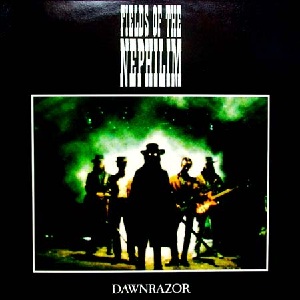 |
Audio Asylum Thread Printer Get a view of an entire thread on one page |
For Sale Ads |
 |
Audio Asylum Thread Printer Get a view of an entire thread on one page |
For Sale Ads |
73.229.163.4
In Reply to: RE: There is more to transmitted noise posted by E-Stat on April 25, 2025 at 14:24:56
"There is more to transmitted noise than overt hum. "Of course, but I was describing the overt HUM issue CAUSED BY designer audiophile cables.
Relative to audio all data transmission might be described as transmitted noise. Extracting the data is what counts while the rest is ignored.
Edits: 04/25/25
this is one case where shielded cable may be detrimental.
Sounds like the baby and the bath water, like you are saying ALL audiophile ethernet cables cause hum. And if noise gets to the dac it certainly seems audible. Sure it wont mess up your printer but if your system is resolving you might hear it depending on your hearing.
But sure its diminishing returns at some point.
That said, you can buy 100 cork testube stoppers for $8. Thats enough footers for a whole system. Start there and see.

Cut to razor sounding violins
"...you are saying ALL audiophile ethernet cables cause hum."
Not at all but any Ethernet cable with its shield terminated at each end to metal RJ45 connectors CAN cause ground loop hum in some systems. That was proven right here in the Asylum. As it turns out many such audiophile cables CAN cause ground loop hum too.
" And if noise gets to the dac it certainly seems audible."
Seems is the operative word. A controlled test might include an Audio Precision analyzer at the output of the DAC with:
#1) a length of cheap CAT5e cable going to the streamer
#2) same length high-end shielded *CAT7 or CAT8 cable to the streamer
Measure 'noise' at the output of the DAC with Audio Precision analyzer and compare the two cables. Has anyone done such a test? I'd like to see it out of curiosity. And even IF the high-end cable measures better it won't matter because the SNR is already well below what's required to perfectly extract the data.
*CAT7 was never an officially recognized standard and in fact CA6A is the better cable.
Look at all the bogus technical marketing speak. None of it even matters for the intended application:


This post is made possible by the generous support of people like you and our sponsors: